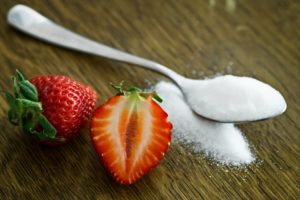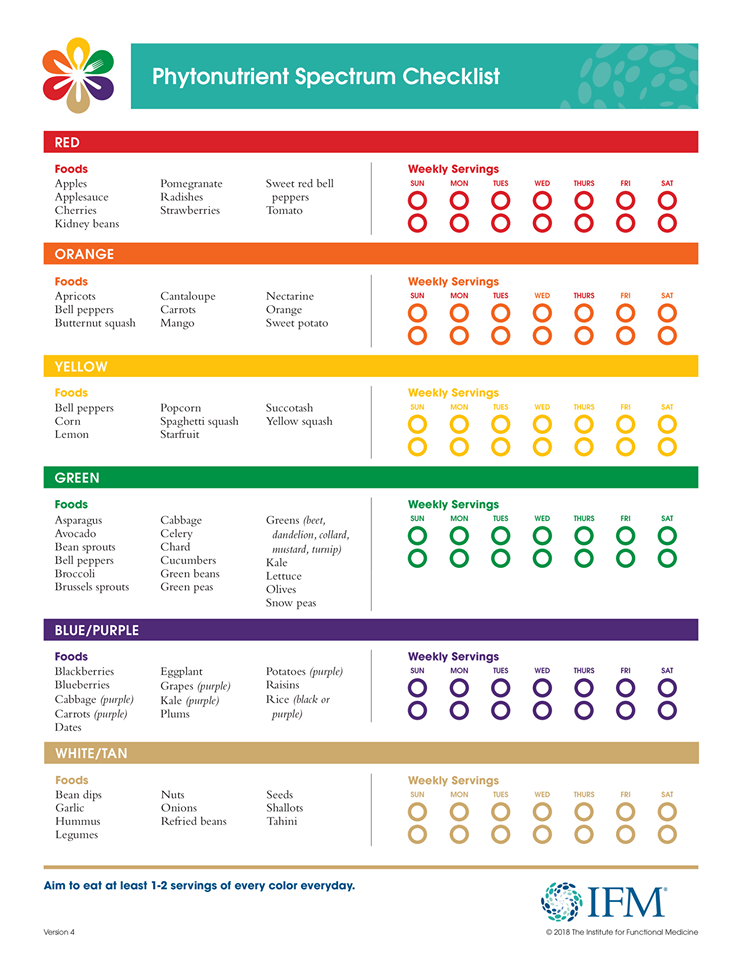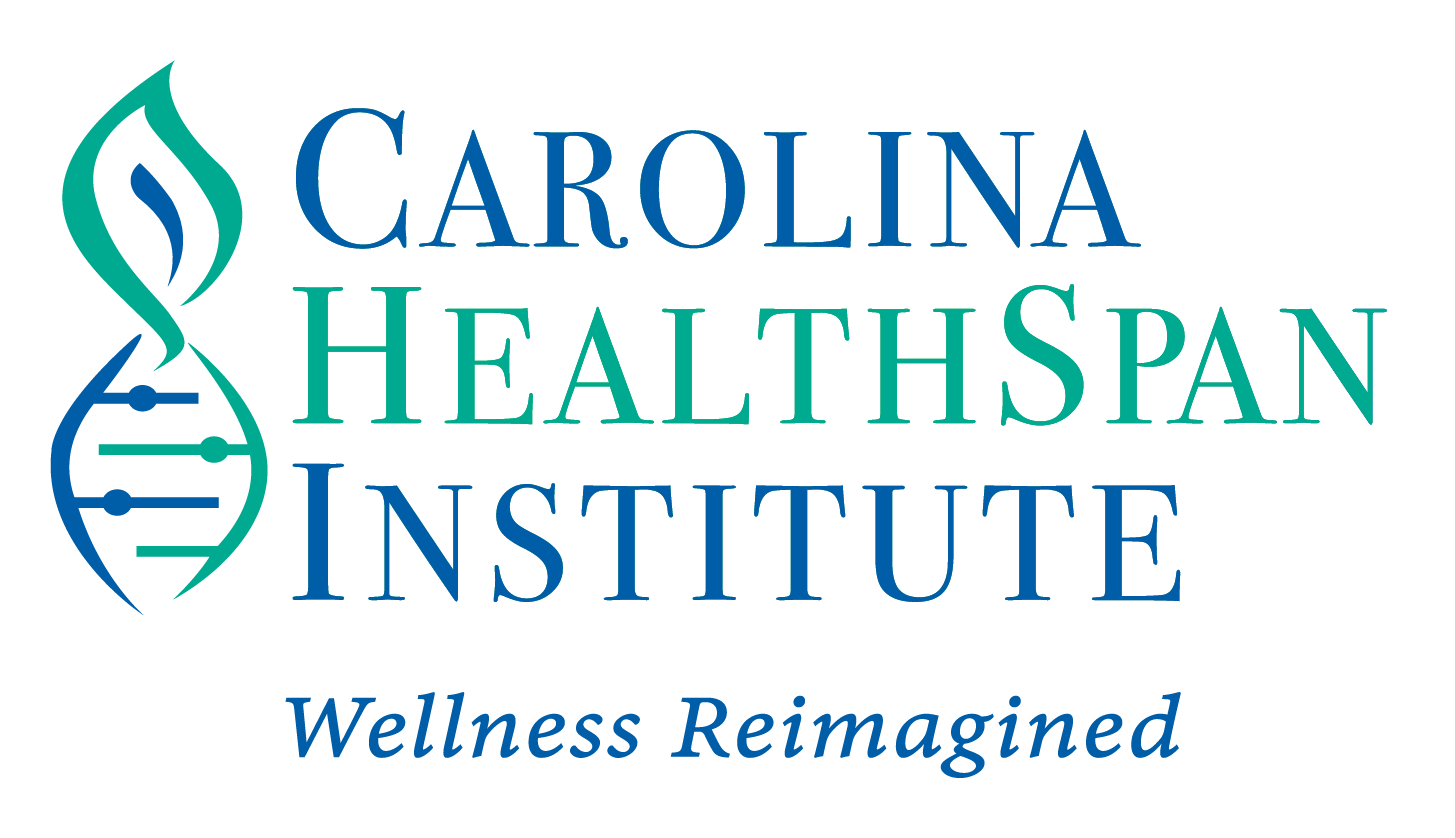
Who doesn’t want to live their best life possible? There are so many fad diets out these days. How are you supposed to know what works and what doesn’t?
Carolina Healthspan is here to inform you WHY it’s good to START your health journey by eliminating sugars from your food consumption.
You can eliminate foods whose presence in your diet can create allergic reactions, inflammation, and a myriad of other health problems. Some of them just aren’t “good” for you anyway! By eliminating sugars, you are helping your body rebuild itself with proper nutrition and reducing triggers for disease and dysfunction. While some foods that you eliminate can be reintroduced into your diet over time, some foods don’t have a place in your healthy lifestyle.
- Artificial Sweeteners
- ASPARTAME, marketed under the names Equal® and NutraSweet® was FDA-approved in 1981, despite flawed testing data and brain tumor findings in animal testing. It is used in hundreds of food products, including cereals, yogurt, fruit juices, drugs, teas, coffees and soft drinks. Although people who are dieting often use it as a regular sugar substitute, studies have shown that aspartame may actually increase your appetite and lead to greater weight gain!
- Sucralose
- Marketed under the name SPLENDA®, is made by adding chlorine to sugar molecules. With limited human testing, sucralose was approved by the FDA in 1998. In laboratory animals, sucralose has resulted in decreased red blood cell count, slower growth rate, spontaneous abortion, longer pregnancies, decreased fetal weight, enlarged liver and kidneys, inflammatory bowel disease (IBD), and diarrhea. Many who have used SPLENDA® have reported incidences of depression that disappeared once they stopped consuming it.
- Saccharin
- Marketed under the name Sweet’N Low®, is the “granddaddy” of all artificial sweeteners and has been around for 125 years. In 1977, it was determined that saccharin caused bladder cancer in laboratory animals. Consequently, the FDA ordered that all saccharin containing products carry a warning label.
- High Fructose Corn Syrup
- Also known as HFCS, is used in most processed foods, breads, candy, flavored yogurts, salad dressings, canned vegetables, condiments, and cereals. HFCS is highly refined artificial sweeteners that have quickly become the number one source of calories in the United States. HFCS packs on the pounds faster than any other ingredient, increases your LDL (“bad”) cholesterol levels and contribute to the development of obesity and diabetes.
Our bodies were never designed to eat processed sugar, nor were they meant to consume the amount of sugar that is present in our diets today. An overabundance of sugar has been directly linked to imbalances and inflammation in the body, plus a host of other health problems.
Consider the following effects of regularly eating processed sugar:
– Increased inflammation
– Increased risk of obesity
– Acceleration of the aging process
– Increased uric acid levels
– Deposition of fat in the abdomen
– Elevated triglycerides
– Depletion of vitamins and minerals
– Increased risk for diabetes
– Increased risk for Alzheimer’s disease
– Weight gain
– Decreased liver function
– Increased risk factors for heart/kidney disease
– Elevated blood pressure
– Elevated LDL cholesterol
– Increased proliferation of cancer cells
– Heightened food cravings
Easily track your food intake with the Phytonutrient Spectrum Checklist below. We recommend aiming to eat at least 1-2 servings of every color, every day.

